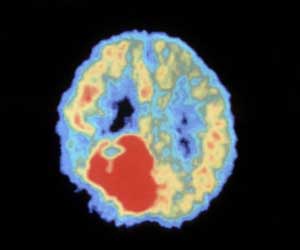Your sense of self, whether you place it in your brain or heart, has real consequences in your lives and can say a lot about your decision-making process.
Whether people locate their sense of self in the brain or the heart can have a major influence on people’s decision-making, revealed experts at Rice University and Columbia University. The study found that most of us locate our sense of self in the brain rather than the heart, and this common self-perception has very real consequences in our lives. The results also suggest that advertising messages targeted at people with independent self-construals compared with messages targeted at people with interdependent self-construals might be more effective if they invoke the brain rather than the heart.
Researcher Hajo Adam said, "We view our research as a first step toward reviving the debate about which part of our body contains the seat of the self - a debate that dates back to the ancient Greek philosophers. The findings demonstrate not only that the preference for the brain versus the heart as the location of the self systematically depends on a person’s self-construal, meaning the perceptions that individuals have about their thoughts, feelings and actions in relation to others, but also that the location of the self has important implications for people’s opinions on contentious medical issues as well as prosocial contributions."
Otilia Obodaru said, "These results suggest that where people locate the self might be a notable characteristic that shapes people’s psychological processes and decision-making. Cconsequently, there may be great value in better understanding the antecedents and consequences of being a ’brain person’ or a ’heart person’. The study’s findings also suggest that leadership speeches, entrepreneurial pitches or marketing materials that invoke the heart or the brain could be differentially persuasive, depending on the recipient’s perceived location of the self."
The study will be published in the
Organizational Behavior and Human Decision Processes.Source-Medindia














